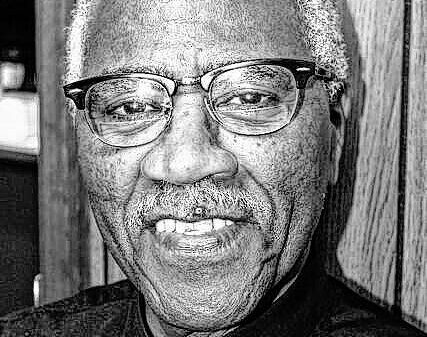BREAKING: Graham Platner, a Democratic candidate for the U.S. Senate in Maine, has just confirmed that he has covered up a tattoo on his chest that was widely recognized as a Nazi symbol. The announcement came on Wednesday, following increasing scrutiny over the tattoo’s implications for his candidacy.
This urgent development raises significant questions about Platner’s past and the impact it may have on his campaign. The tattoo, which had drawn backlash from various political circles, has now been altered to no longer reflect its original imagery. This move appears to be a strategic response to public concern and potential voter backlash.
Platner stated, “I recognize the hurt that symbols can carry, and I am committed to ensuring my campaign reflects the values of inclusion and respect.” His decision to cover the tattoo may be seen as an attempt to distance himself from any associations that could jeopardize his campaign.
As the political landscape heats up in Maine, this controversy is poised to shape voter perceptions significantly. With just weeks until the election, candidates are under intense pressure to clarify their stances and past actions.
The timing of this revelation is critical; as campaigns ramp up, candidates face heightened scrutiny over their personal histories and affiliations. Platner’s change may resonate with some voters while alienating others who view the tattoo as a serious misstep.
Political analysts are watching closely, as this incident could impact not only Platner’s standing but also the broader Democratic efforts in Maine. The implications of how voters respond to this situation could influence future campaigns and discussions around symbols of hate in political contexts.
What’s next? Observers will be keenly monitoring Platner’s campaign trajectory in the coming days, particularly as he addresses this issue in public forums and debates. The fallout from this tattoo incident could reverberate throughout the election cycle, making it a critical topic for discussion among voters and political commentators alike.
This developing story prompts a broader conversation about the significance of personal history in politics and how candidates are perceived based on their past choices. As more details emerge, the stakes continue to rise for Graham Platner and his campaign.







































































